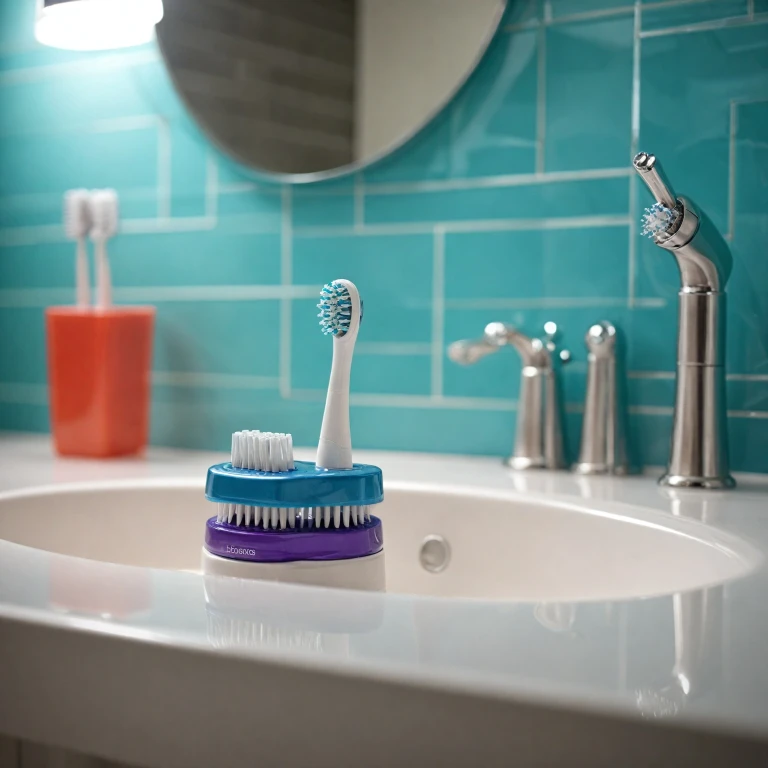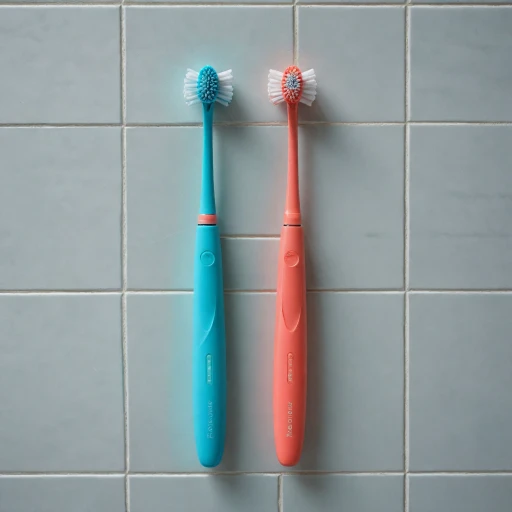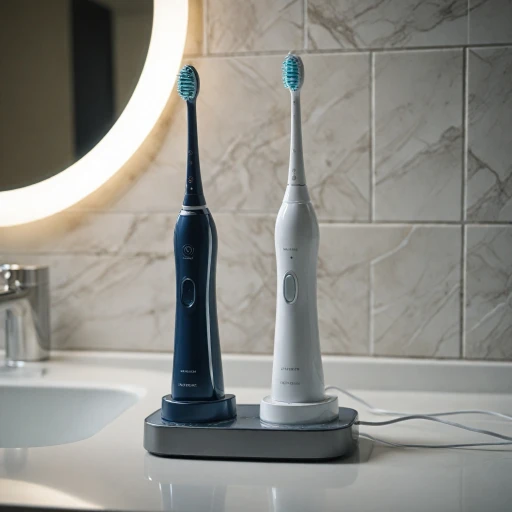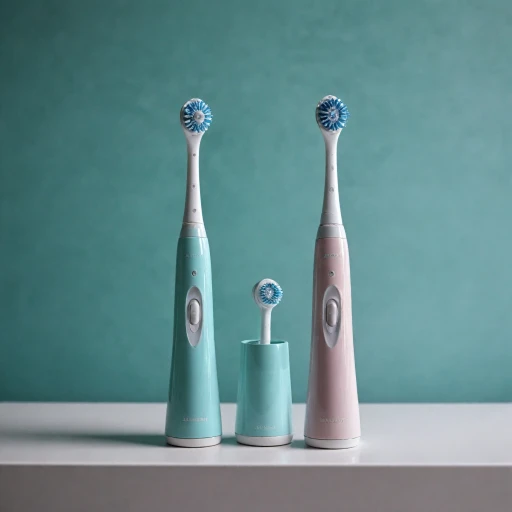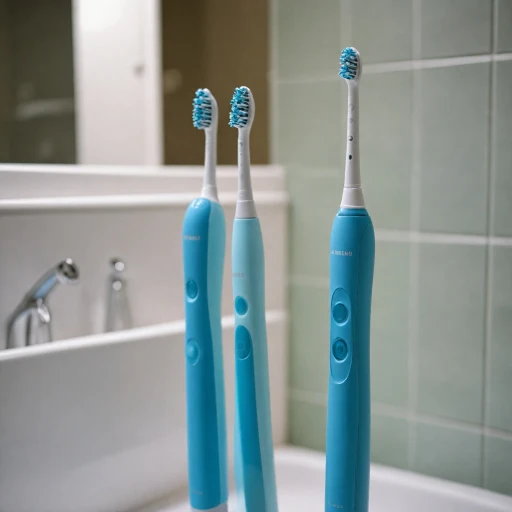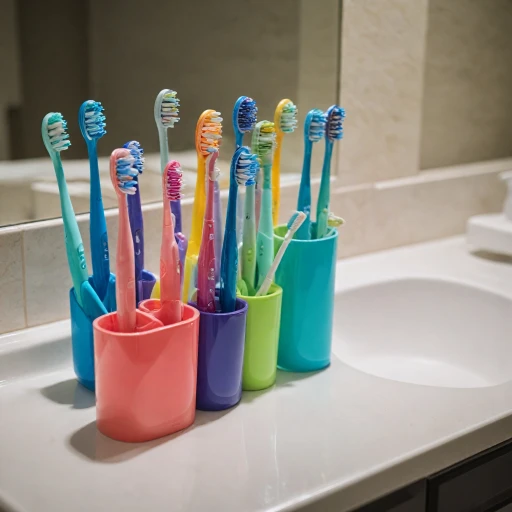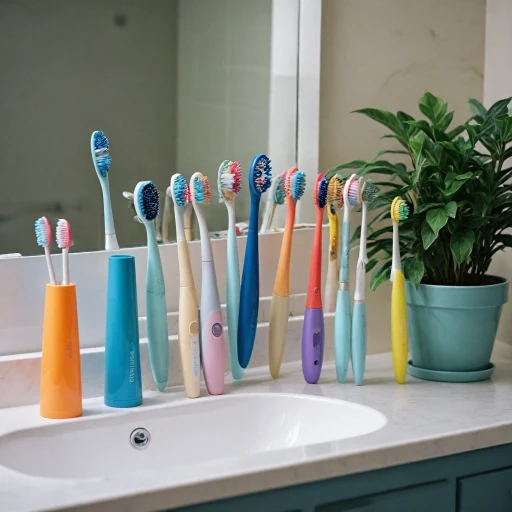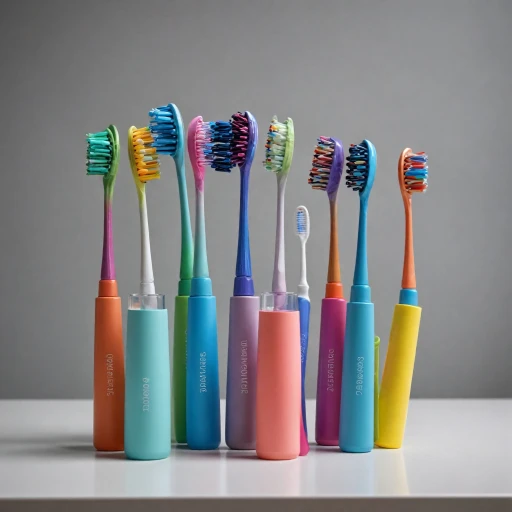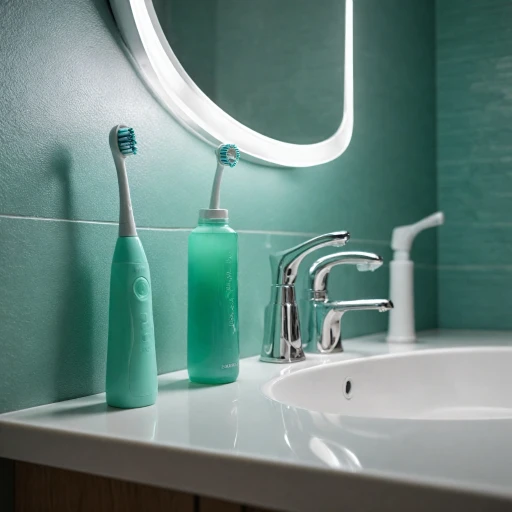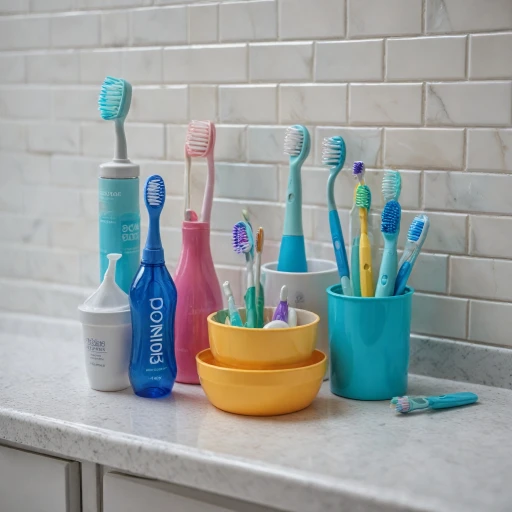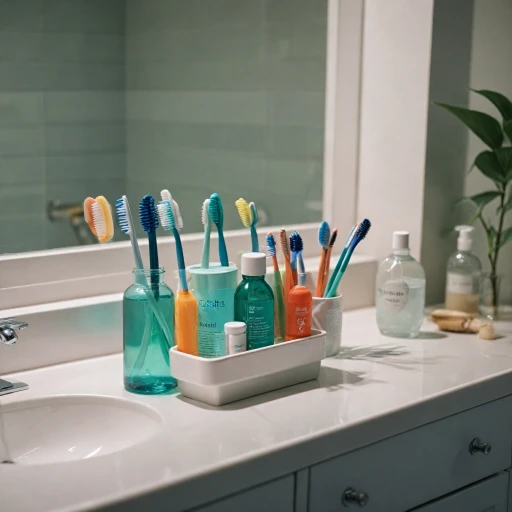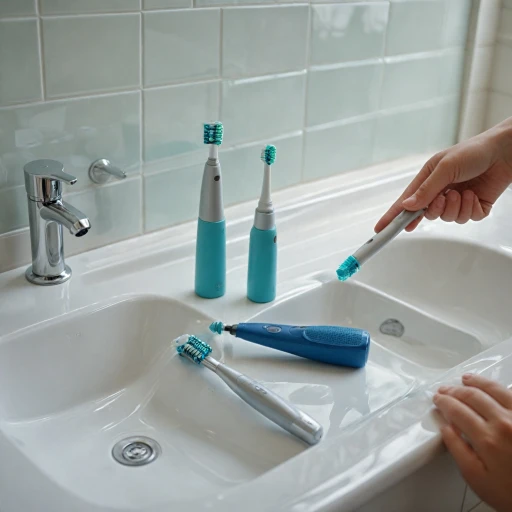
Understanding Electric Teeth Cleaners
Getting Familiar with Electric Toothbrush Technology
Electric toothbrushes have revolutionized the way we approach our daily oral cleaning routine. These devices are designed to offer a more effective brushing experience that reduces the buildup of plaque and improves gum care when compared to traditional manual toothbrushes. The technology behind electric toothbrushes focuses on providing a superior clean with minimal effort. Users can find a variety of models in the market, each boasting its unique features and functionalities. Whether it’s the sonic technology offered by brands like Sonicare or the diverse brush modes available to cater to specific dental needs, electric toothbrushes present a range of benefits for enhancing oral health care. Moreover, several models come with advanced features such as pressure sensors to prevent hard brushing that can damage gums, minute timers to ensure you're brushing for the optimal amount of time, and multiple brush heads to target different aspects of oral hygiene. The convenience of a travel case also makes maintaining your oral care routine on the go a breeze. Despite their benefits, electric tooth cleaners can provoke some hesitation due to concerns over price, battery life, or the need for regular replacement brush heads. Nevertheless, understanding the functionality and benefits of these devices can help alleviate these worries and underscore their role in maintaining a healthy smile.Advantages Over Manual Toothbrushes
Superior Plaque Removal and Consistent Cleaning
When it comes to maintaining oral health, many individuals find that electric toothbrushes offer a significant advantage over traditional manual toothbrushes in terms of plaque removal and consistent cleaning. The ability to deliver more brush strokes per minute than the human hand makes electric models particularly effective in breaking up plaque.
Features such as:
- Brush heads: Electric toothbrushes often come with specialized brush heads designed to target specific areas, offering a better, more tailored clean.
- Pressure sensors: They prevent you from applying too much pressure, protecting gums from potential injury.
- Minute timers: These ensure you brush for the optimal length of time, promoting better oral hygiene.
Research demonstrates that the best electric toothbrushes enhance the removal of plaque, which is key to preventing cavities and gum disease. Many electric models have been proven to be more effective at removing food particles compared to their manual counterparts. This efficiency aids in providing a deeper clean and contributes to better oral care.
Electric toothbrushes generally include multiple modes, such as deep clean or gum care, allowing users to customize their brushing experience. This functionality, combined with a more consistent pressure application, leads to a significant improvement in oral health.
While some may argue that the higher price of electric toothbrushes could be a barrier, the investment often pays off through the benefits to oral care. Moreover, interchangeable and replacement heads used in electric models prolong the product lifecycle, adding to their cost-effectiveness.
In essence, electric toothbrushes offer notable advantages over their manual counterparts, providing enhanced oral hygiene and promising a healthier smile that merits the investment.
Features to Consider When Choosing an Electric Teeth Cleaner
Key Features to Evaluate for the Optimal Choice
When it comes to selecting the best electric toothbrush for you, several features can greatly influence your decision. Understanding these aspects can help ensure that your electric teeth cleaner not only provides effective cleaning but also enhances your overall oral care routine.
- Brush Heads and Replacement: One of the primary considerations is the type of brush head. Many models, like Philips Sonicare, offer various replacement heads tailored for specific needs, such as plaque removal or gum care. Ensuring you can easily find replacement heads can make a significant difference in maintaining the efficiency of your cleaning routine.
- Pressure Sensor: To prevent over-brushing and potential gum damage, many electric toothbrushes come with a pressure sensor. This feature alerts you if you apply too much pressure, helping protect your teeth and gums over time.
- Modes and Timer: Look for models offering multiple brushing modes—such as deep clean or sensitive—for a tailored oral care experience. Additionally, a two-minute timer ensures you spend adequate time brushing, aligning with dentist recommendations.
- Battery Life: An electric toothbrush with sustainable battery life is essential, especially if you're a frequent traveler. Some models include a convenient travel case, adding to the portability factor.
- Price vs. Features: While it's easy to equate higher price with better performance, it’s crucial to evaluate what features are essential for you. Often, mid-range products offer the necessary functionalities without the added cost of luxury models.
For an in-depth analysis and comparison of various models, you may want to explore resources that detail specific features and user experiences, to find the electric toothbrush that best suits your needs.
Tips for Proper Use and Maintenance
Mastering the Use and Care of Your Electric Toothbrush
To maximize the benefits of your electric toothbrush, proper use and maintenance are key. Here’s a straightforward guide to help you keep your toothbrush in top condition and ensure your oral health is at its best.
Using Your Electric Toothbrush Effectively
- Brush for the Right Amount of Time: Most electric toothbrushes come with a two-minute timer, which is the recommended brushing time. Make sure to use this feature to ensure a thorough clean.
- Apply the Right Pressure: Let the toothbrush do the work. Applying too much pressure can damage your gums and enamel. Many models, like those in the Oral series, have a pressure sensor to alert you if you're pressing too hard.
- Choose the Right Mode: If your toothbrush offers different modes, such as gum care or deep clean, select the one that best suits your oral needs.
Maintaining Your Electric Toothbrush
- Replace Brush Heads Regularly: To maintain optimal cleaning, replace brush heads every three months or sooner if the bristles are frayed. Replacement heads are crucial for effective plaque removal.
- Keep It Clean: Rinse the brush head thoroughly after each use to remove toothpaste and debris. Periodically, remove the brush head and clean the area where it attaches to the handle.
- Check Battery Life: Regularly charge your toothbrush to ensure it’s always ready for use. If you travel frequently, consider a model with a travel case and long battery life, like the Philips Sonicare.
Additional Care Tips
- Store Properly: Keep your toothbrush upright and let it air dry. Avoid covering it immediately after use, as this can promote bacterial growth.
- Use Compatible Products: Ensure any replacement brush heads or accessories are compatible with your specific model to maintain performance.
By following these tips, you can ensure that your electric toothbrush remains a reliable tool in your oral care routine, providing the best clean for your teeth and gums.
Addressing Common Concerns and Misconceptions
Dispelling Uncertainties: Unraveling Misconceptions
When considering a move from manual toothbrushes to electric options, several common concerns and misconceptions often arise. Understanding these can help ease the transition and ensure you make the best choice for your oral care.
Battery Life and Charging
One frequent concern is how long the battery lasts and the need for frequent charging. Today's electric toothbrushes, especially models from renowned brands like Philips Sonicare, often boast impressive battery life, with some lasting up to two weeks on a single charge. This minimizes the hassle of frequent charging, and many come with convenient charging bases or travel cases for easy mobility.
Pressure on Gums and Teeth
A common misconception is that electric brushes exert too much pressure, potentially harming gums. However, many top-tier models include a pressure sensor feature that alerts you if you're brushing too hard. This not only protects gums but also handles stubborn plaque effectively, promoting better oral health.
Cost Considerations
The price of electric toothbrushes can indeed be higher than manual options, leading to concerns about value. While the initial investment might be significant, factors such as replaceable brush heads, various cleaning modes for personalized care, and additional features like minute timers, make them cost-effective over time. Considering how effective they are in maintaining oral hygiene can justify the investment.
Understanding the Learning Curve
Adopting a new brushing technique can feel daunting initially. Modern designs, including intuitive product features and comprehensive instructions, simplify the transition from manual toothbrush habits to mastering the use of electric toothbrushes. Over time, you'll find that the routine becomes second nature, allowing for efficient and thorough clean teeth.
Overall, addressing these common concerns with an informed perspective can guide you towards selecting the best electric toothbrush that aligns with your oral health needs.
